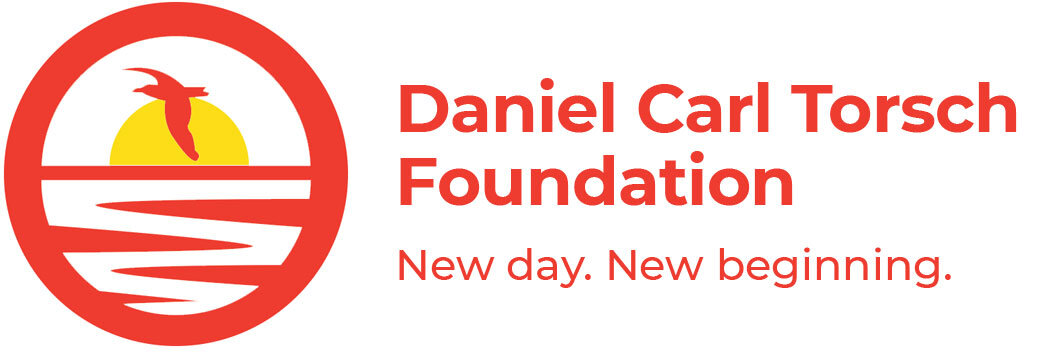Harm Reduction
Good Samaritan Law
Maryland’s Good Samaritan Law protects people assisting in an emergency overdose situation from arrest, as well as prosecution, for certain crimes.
The purpose of the law is to encourage any person, regardless of age, who experiences or observes a medical emergency caused by the ingestion or use of alcohol or other drugs to seek medical assistance without fear of arrest or prosecution for:
Possessing or using a controlled dangerous substance
Possessing or using drug paraphernalia
Providing alcohol to minors
The Good Samaritan Law applies to any person who seeks, provides, or assists with the provision of medical assistance as the result of a person ingesting or using alcohol or drugs.
It also applies to the victims if the victims receive assistance because someone else sought assistance for them.
The law protects a person from a violation of a condition of pretrial release, probation, or parole, if the evidence of the violation was obtained solely as a result of a person seeking, providing or assisting with medical help to save someone’s life.
The law does not protect persons witnessing the medical emergency if they’re not helping with the medical emergency.
The law protects persons from criminal arrest, charge or prosecution for the six misdemeanors listed below where the evidence was obtained solely because of the act of seeking medical assistance:
§ 5-601: Possessing or Administering CDS
§ 5-619: Drug Paraphernalia
§ 5-620: Controlled Paraphernalia
§ 10-114: Underage Possession of Alcohol
§ 10-116: Obtaining Alcohol for Underage Consumption
§ 10-117: Furnishing for or allowing underage consumption of alcohol
The Good Samaritan Law does not apply to drug felonies or other crimes not listed above. Additionally, it does not prevent law enforcement from conducting an investigation and gathering evidence.
